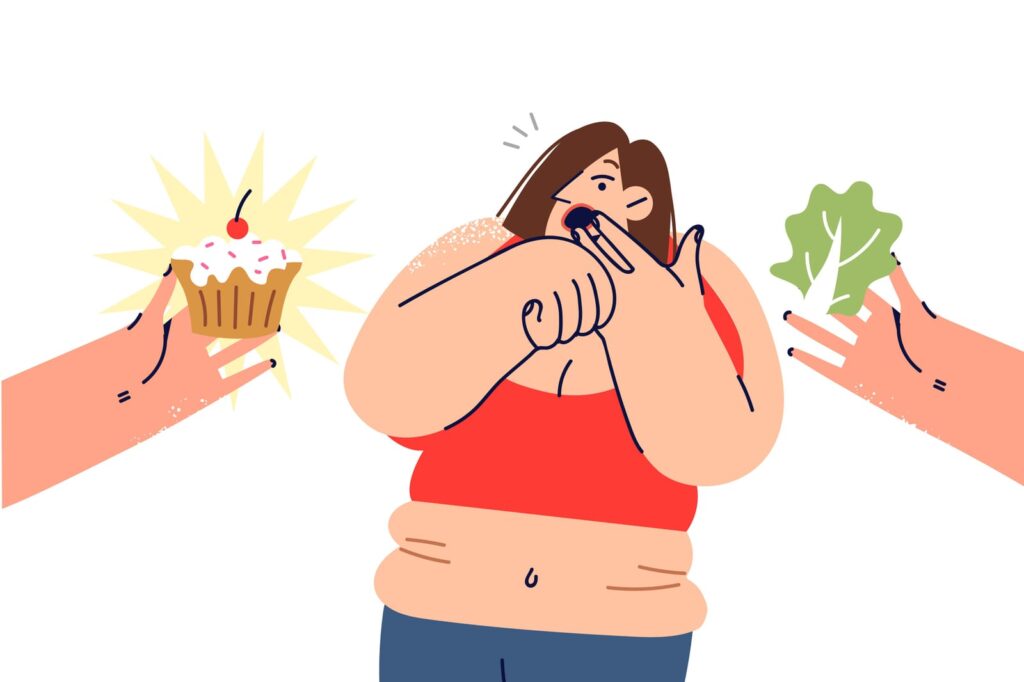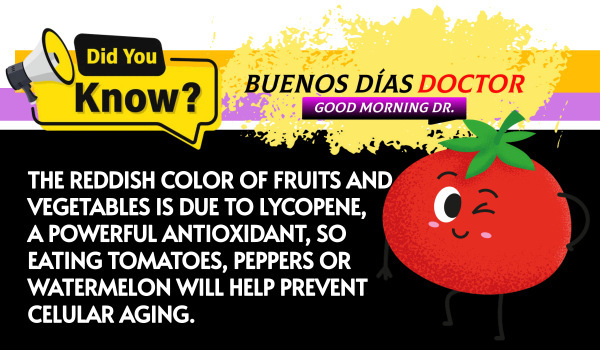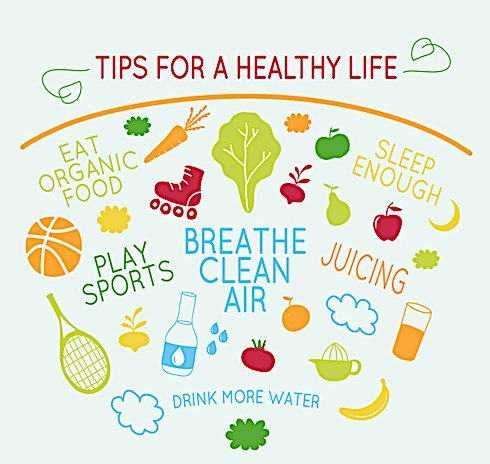Keys to Iron Health

GMD
Pablo used to turn his back on the vegetables, relegating them to a corner of his plate without considering their flavor. As his best friend, I decided to teach him how to lead a healthy life through a balanced diet.


––––––––––
While exploring the bustling market one day, I suggested Pablo venture on a different gastronomic journey. With a shy smile, he accepted my invitation, and we grabbed an assortment of fresh vegetables.
Back home, I showed her how to transform those ingredients into a delicious tomato, cucumber, lettuce, and carrot salad. It is impossible to deny the surprise reflected on Pablo’s face when he tasted that exquisiteness. From that moment on, he became a vigorous defender of vegetables.
✅ After heart problems, cancer is the second leading cause of death in the United States. Doctors emphasize that a diet rich in vegetables, fruits, and natural juices is a powerful weapon against cancer.
Legumes and vegetables, such as broccoli, cauliflower, and cabbage, are an exceptional choice due to the phytochemicals they contain. Spinach, romaine lettuce, and kale are also rich in fiber, lutein, and carotene.
It is crucial to seek foods that contain high amounts of vitamins C, E, and A, as this will help us effectively combat the growth of harmful free radicals in our bodies.
✅ With their lycopene, a phytochemical antioxidant, Tomatoes become a remarkable anti-cancer superfood that also protects the heart. Cabbage, a cruciferous fruit loaded with fiber, reduces the risk of colon and rectal cancer. And carrots are an excellent source of fiber, beta-carotene, and vitamin A.
✅ Did you know a quarter cup of beans offers the same fiber and protein as two ounces of red meat? Plus, whole wheat pasta is an exceptional source of fiber. At the same time, broccoli provides generous amounts of vitamins A and C. Strawberries and blueberries, rich in vitamin C and fiber, are quick and easy options that can added to oatmeal or low-fat yogurt.
✅ Nutrient-rich foods reduce the risk of heart disease. You are increasing your fiber consumption and opting for healthy fats—omega-3 fatty acids and olive oil benefit cardiovascular health, reducing triglyceride and LDL cholesterol levels.
✅ Besides calcium and niacin, sodium is a splendid source of omega-3 fatty acids. Ideal for salads or sandwiches, fresh grilled or canned sardines are a wise choice. Mackerel, with its high content of omega-3 and selenium, an antioxidant mineral, also contributes to disease prevention.
However, it is vital to be careful with excess of certain foods. Following a diet that causes an increase in blood glucose levels increases the likelihood of developing cancer, even those related to the stomach.
✅ Consuming refined carbohydrates increases the chances of developing colon cancer, while a diet low in these carbohydrates significantly reduces the risk.
Processed meat, such as hot dogs, ham, bacon, and salami, has been classified as a carcinogen by the International Agency for Research on Cancer (IARC). Even consuming four slices of bacon or one hot dog daily can increase cancer risk by 20%. In addition, research links the consumption of red meat with cancer.
Cooking foods at high temperatures can produce harmful compounds that cause inflammation and increase cancer risk and other diseases. It is essential to consume foods of animal origin high in fat and protein, such as red meat, certain cheeses, and fried eggs, in moderation.
––––––––––

__________
✅ Health and well-being are fundamental pillars for a whole and satisfying life today. Therefore, being informed about the foods that will allow you to live healthily is crucial. A perfect diet is characterized by being rich in fiber, coming from fruits, vegetables, and full grains. It improves digestion and prevents diseases such as obesity and cancer.
✅ Eating lean proteins such as fish, chicken, and eggs is beneficial for keeping muscles in good condition and preventing osteoporosis.
Healthy fats, such as those from avocado, nuts, and olive oil, are essential for properly functioning the heart and brain. We must limit the intake of processed foods and refined sugars, as they are not nutritious and do not provide essential nutrients for the body.
✅ Find an expert dietician or nutritionist to help you start healthy eating. Remember that a meal plan is vital to meeting personal needs and goals, such as losing weight, increasing muscle mass, managing a medical condition, or improving overall well-being. Additionally, working with a dietitian will help avoid fad diets or unhealthy approaches that are often not sustainable in the medium or long term.
––––––––––
__________

